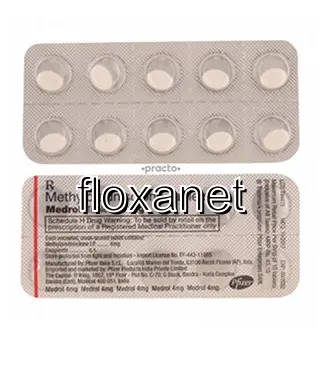| Package | Dosage | Price | Price per Dose | |
|---|---|---|---|---|
| Dosage: 4mg | ||||
| 360 pill | 4mg | £205.75 | £0.58 | |
| 270 pill | 4mg | £177.97 | £0.66 | |
| 180 pill | 4mg | £136.82 | £0.76 | |
| 120 pill | 4mg | £102.87 | £0.85 | |
| 90 pill | 4mg | £87.44 | £0.97 | |
| 60 pill | 4mg | £65.83 | £1.10 | |
| 30 pill | 4mg | £38.06 | £1.27 | |
| Dosage: 8mg | ||||
| 360 pill | 8mg | £308.63 | £0.85 | |
| 270 pill | 8mg | £261.31 | £0.97 | |
| 180 pill | 8mg | £200.61 | £1.11 | |
| 120 pill | 8mg | £153.28 | £1.28 | |
| 90 pill | 8mg | £126.54 | £1.41 | |
| 60 pill | 8mg | £94.64 | £1.57 | |
| 30 pill | 8mg | £53.49 | £1.78 | |
| Dosage: 16mg | ||||
| 270 pill | 16mg | £308.63 | £1.14 | |
| 180 pill | 16mg | £236.61 | £1.32 | |
| 120 pill | 16mg | £176.94 | £1.47 | |
| 90 pill | 16mg | £150.20 | £1.67 | |
| 60 pill | 16mg | £111.10 | £1.85 | |
| 30 pill | 16mg | £62.75 | £2.09 | |

Methylprednisolone Description
Overview of Methylprednisolone
Methylprednisolone is a potent corticosteroid medication widely used in the treatment of various inflammatory and autoimmune conditions. It mimics the effects of cortisol, a hormone produced naturally by the adrenal glands. This medication works by suppressing the immune system and reducing inflammation, providing relief from symptoms such as swelling, redness, and pain. It is available in several forms, including tablets, injections, and topical preparations, allowing flexibility in administration depending on the patient's needs.
Uses and Indications
Methylprednisolone is commonly prescribed for conditions like allergic reactions, asthma, rheumatoid arthritis, lupus, and skin diseases. It is also used to manage certain types of cancer, such as leukemia and lymphoma, where it helps control inflammation and immune responses. In acute settings, methylprednisolone injections are often administered to quickly reduce severe inflammation or allergic reactions, such as in cases of autoimmune flare-ups or dermatological emergencies.
Effectiveness and Benefits
Many users report significant improvement in their symptoms after starting methylprednisolone treatment. Its fast-acting nature makes it a preferred choice for acute management of inflammatory episodes. Patients often experience decreased swelling, pain, and irritation, leading to improved quality of life. Long-term, methylprednisolone can help control chronic autoimmune diseases, reducing the frequency and severity of flare-ups. Its efficacy is well-documented, but it requires careful monitoring to avoid potential adverse effects.
Potential Side Effects
While methylprednisolone is effective, it can cause side effects, especially when used for extended periods or at high doses. Common adverse reactions include increased appetite, weight gain, insomnia, mood swings, and fluid retention. More serious risks include osteoporosis, elevated blood sugar levels, hypertension, and increased susceptibility to infections. There is also a possibility of adrenal suppression if the medication is withdrawn abruptly after long-term use, making gradual tapering necessary.
Precautions and Considerations
It is important for patients to inform their healthcare provider about their medical history before starting methylprednisolone. Those with infections, diabetes, osteoporosis, or psychiatric disorders need to be carefully monitored. The medication should be used with caution in pregnant and breastfeeding women, and only if clearly indicated by a doctor. Regular blood tests and clinical assessments are recommended to monitor for potential side effects and to adjust dosages accordingly.
Usage and Dosage
The dosage of methylprednisolone varies depending on the condition being treated, severity of symptoms, and patient response. It is typically prescribed at the lowest effective dose for the shortest duration possible to minimize side effects. For acute conditions, injections are administered in healthcare settings, while oral tablets are often used for ongoing treatment. Adherence to prescribed dosing schedules is critical for safety and effectiveness.
Summary
Methylprednisolone remains a valuable tool in managing a wide range of inflammatory and autoimmune disorders. Its rapid and potent anti-inflammatory effects provide significant relief for many patients. However, due to the risk of adverse effects, it is essential that this medication is used under proper medical supervision. With careful monitoring and adherence to instructions, methylprednisolone can be an effective component of treatment plans aimed at controlling complex medical conditions.
